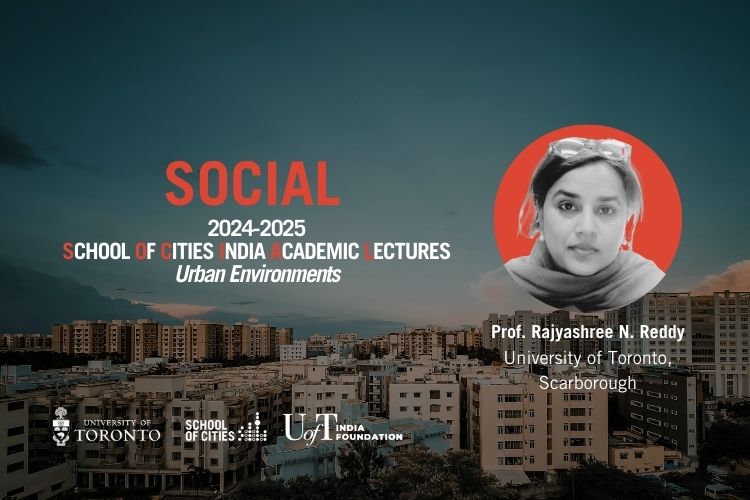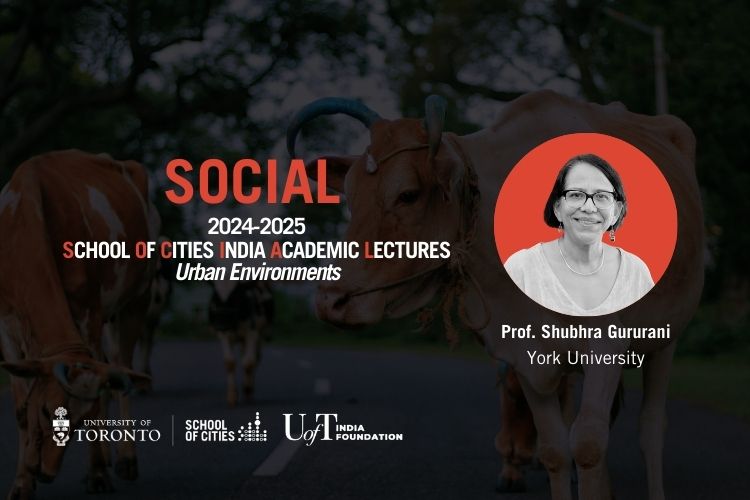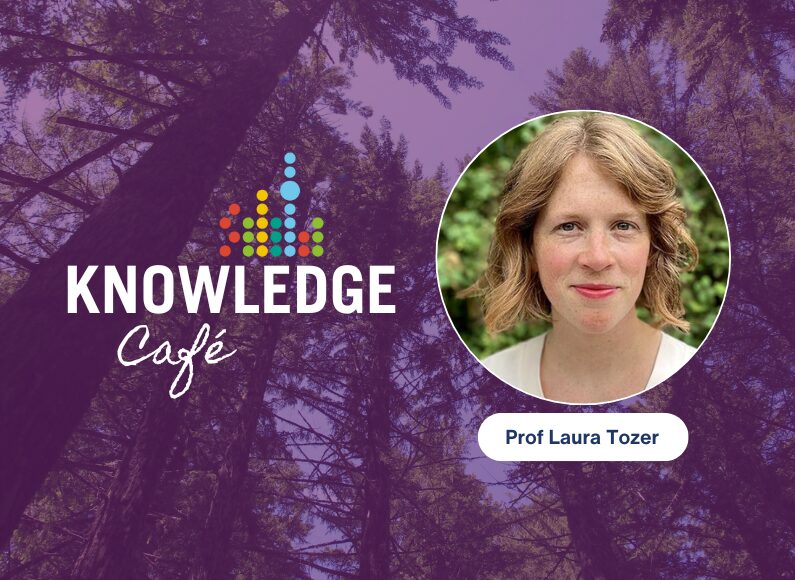In Bengaluru, the southern Indian city renowned for its information technology sector, garbage has been a recurring flashpoint. Since the 1990s the city’s burgeoning new middle class, disgusted by and deeply anxious about the rising mounds of garbage, has led the charge to revamp Bengaluru’s broken waste infrastructure and address its garbage woes through public-private partnerships, public interest litigation, and direct action.
Drawing upon long term research in Bengaluru, Professor Reddy reflects upon the following questions:
- For the new middle class, what type of problem is garbage and how is caste reinscribed and/or unsettled through the way in which the problem of garbage is framed?
- How do the environmental activism/actions of the new middle class that are aimed at revamping the city’s waste infrastructure reorder the distance that people have to garbage?
- What are the consequences of the reordering of garbage for Dalits, whose bodies have historically been most proximate to waste?
She concludes with centring caste as an important analytic in urban research and by charting pathways to egalitarian urban futures for Indian cities.
This event will run at 9 – 10 AM EST and 6.30 – 7.30 PM IST
About the speaker
Rajyashree N. Reddy is an Associate Professor in the Department of Geography at the University of Toronto Scarborough. Reddy’s scholarship, situated at the intersection of urban geography, waste studies, development studies and feminist geography, investigates the capitalist dynamics of urban India and explores the interconnections between urbanization, value struggles, environmental degradation and environmental justice.
Her research has been published in leading journals such as Antipode, Urban Geography, and IJURR. Reddy’s current SSHRC Insight Grant-supported research project is Fixing unruly flows: The infrastructures of wastewater in Bangalore, India.
*The link to the event will be sent out 24 hours prior









